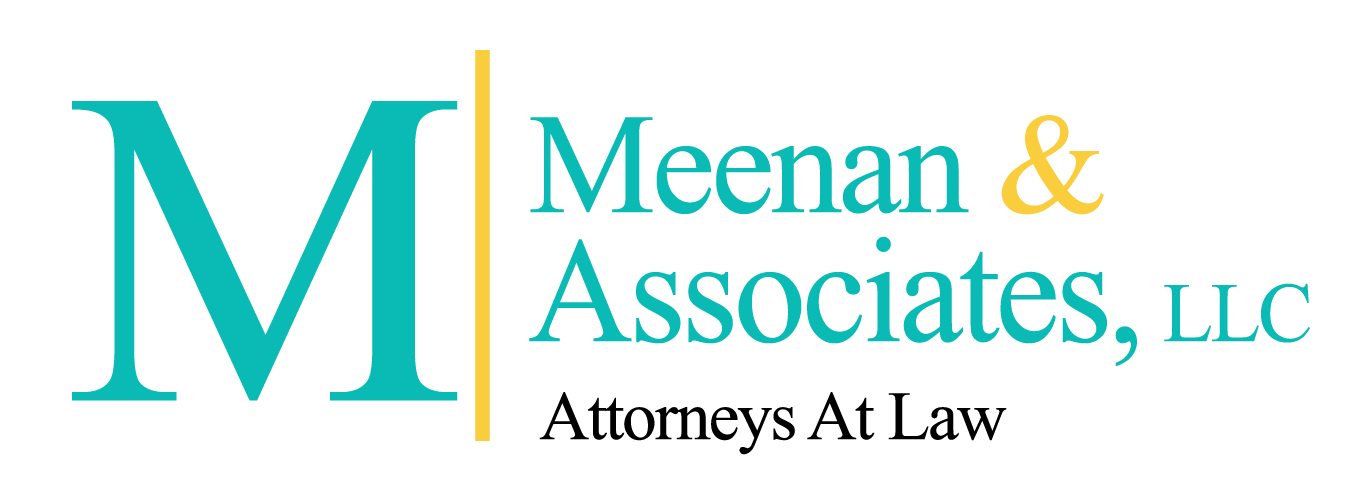On August 20, 2019, New York State amended its Human Right Law to enhance protections for workers who are survivors of domestic violence. (The law refers to “victims of domestic violence.”) The new law went into effect in NY on November 18, 2019.
The new law now makes it unlawful discrimination for employers to refuse to hire, fire, or discriminate against workers based on their status as domestic violence survivors. Nor may employers print or disseminate any publication – including job postings or employment applications – that expresses any limitation, specification or discrimination in hiring or in employment based on status as a survivor of domestic violence.
In addition, employers are now required to grant workers known to be domestic violence survivors a “reasonable accommodation” in the form of a leave absence from work for a reasonable period of time for specific purposes. The purposes for leave now expressly specified in the law include the affected individual (or in some cases, their child) obtaining medical and mental health treatment, supportive services, and legal services. Legal services can include assisting in the prosecution of an offense and appearing in court for incidents involving domestic violence. In addition, employers must grant survivors leave in order to pursue safety planning, relocation or other preventive measures to enhance their safety. Employers also must maintain the confidentiality of a worker’s status as a survivor of domestic violence to the full extent of the law. In addition, workers on leave due to domestic violence have the right to continue their health care coverage.
The law exempts employers who can demonstrate that granting such leave will cause them “undue hardship.” The factors considered in determining whether employers can demonstrate “undue hardship” include the size and nature of the employer. In addition, employers may require their workers to use existing paid time off if it is available. Where paid leave is not available to the worker, employers are not required to provide paid leave and the leave granted may be treated as unpaid. The amendment further entitles employers to be provided with reasonable advance notice of the leave when it is feasible, or if it is not feasible, to request documentation from the worker in support of the leave. Documentation can include police reports, documentation of court appearances or documentation of medical or mental health treatment.
Violations of this new requirement constitute unlawful discrimination and the employer can be fined up to $50,000.00. Where the employer is found to have acted willfully, wantonly or maliciously, the fines and penalties imposed can reach up to $100,000.00. In addition, damages awarded to a domestic violence survivor whose rights under this amendment are found to have been violated can include back wages and other damages.
For more information or to consult with an experienced NYC employment law attorney, please contact Colleen M. Meenan at Meenan & Associates, LLC.


